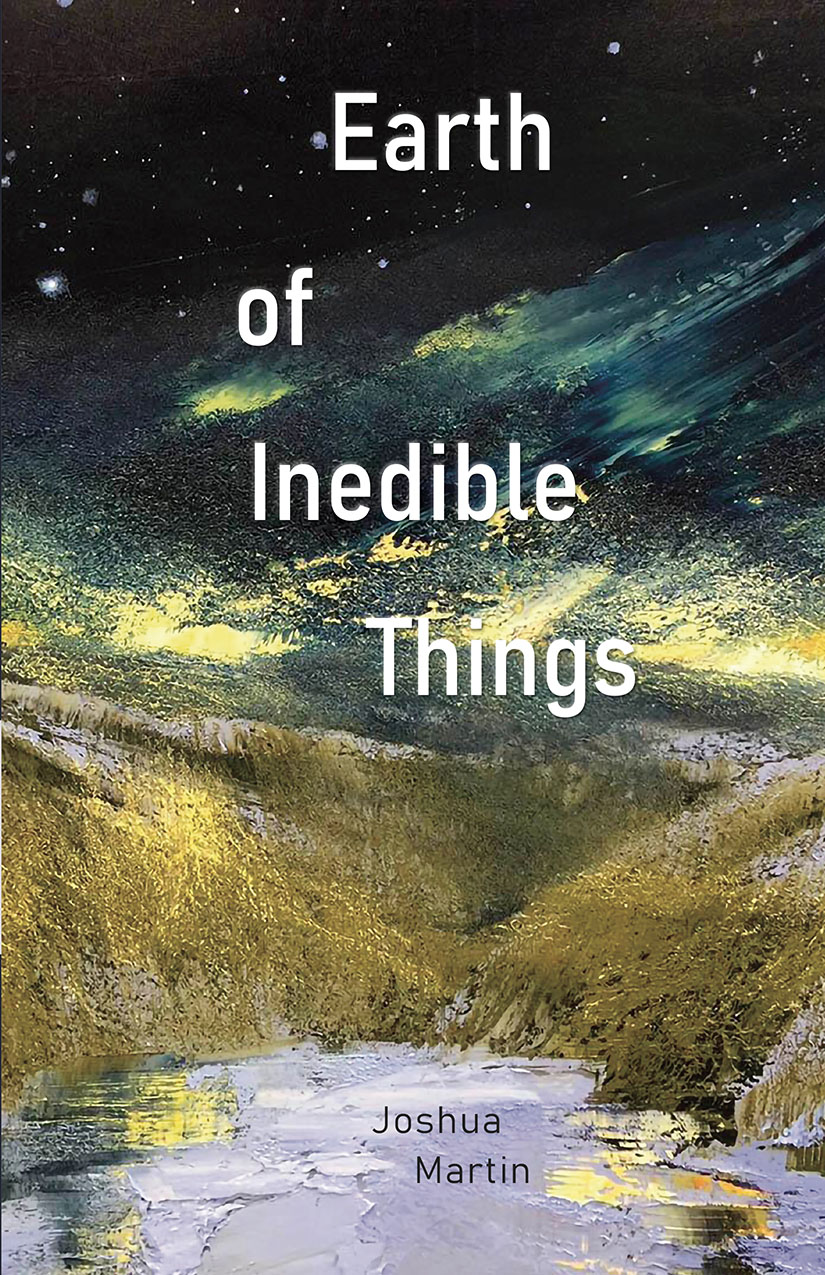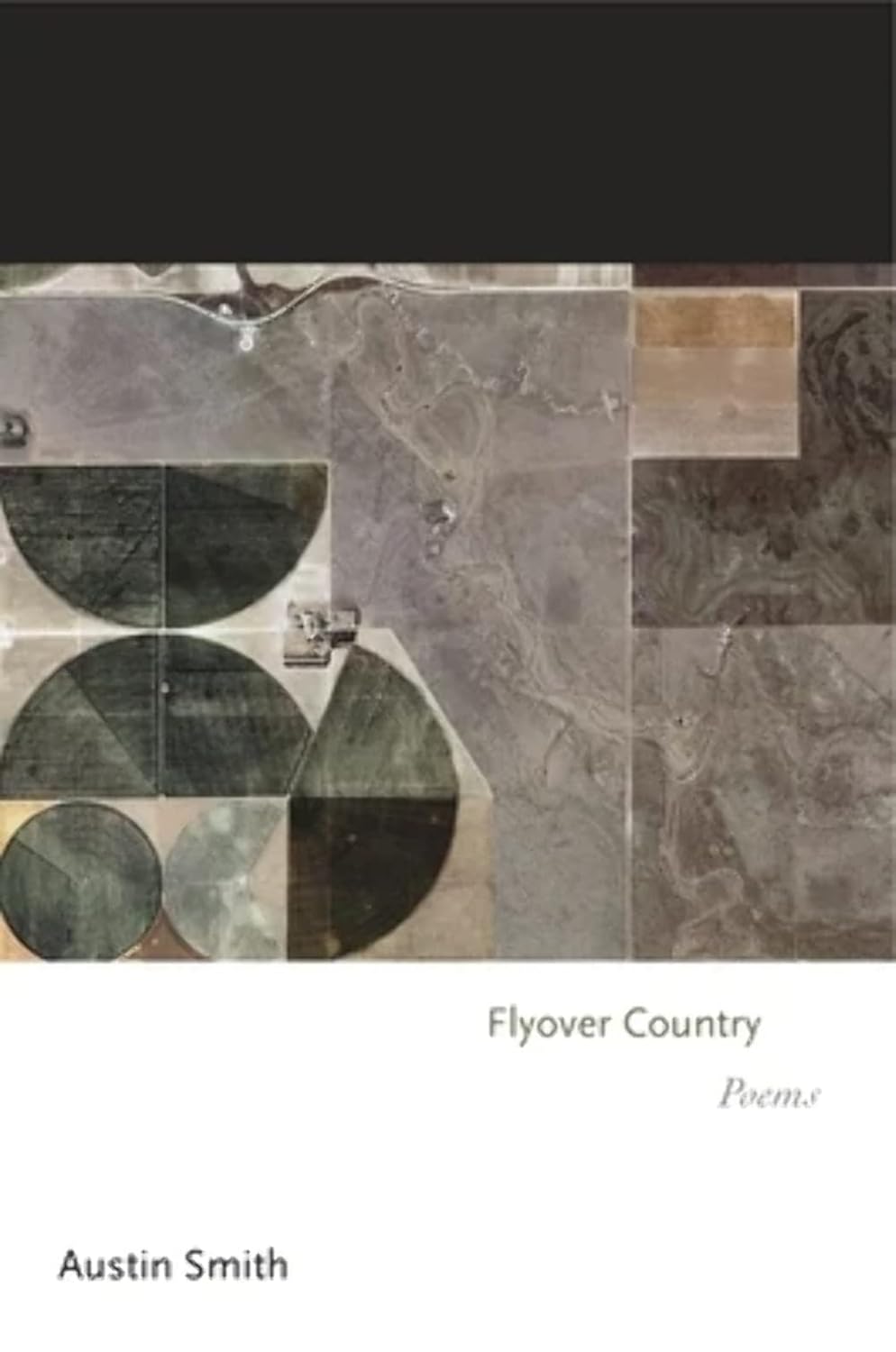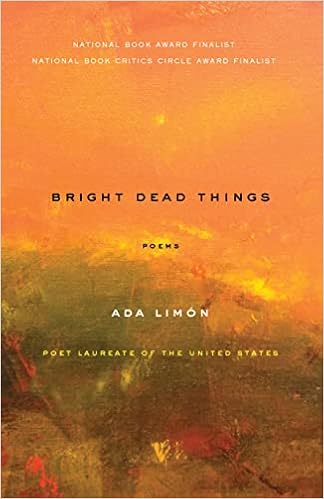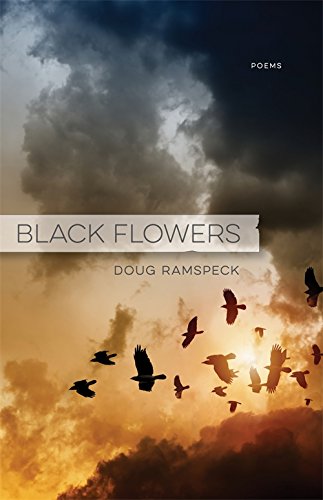Joshua Martin: Earth of Inedible Things
Earlier this year, the AWP conference came to town. I didn’t attend the conference itself, but I did get the chance to connect with old friends from far away and to sit in on some poetry readings—including a reading of Georgia-based (or Georgia-associated) writers emceed by Greg Emilio. It was a fine gathering overall, but one poet in particular caught my attention: Joshua Martin. He used a phrase, “a lego-hard truth,” in a poem about parenting, and it immediately struck me. Why? Because this is exactly what I strive for in a metaphor: It’s deceptively simple, and immediately recognizable—something everyone knows without knowing they know it. It’s “organic,” meaning it arises from the situation and locale and does not seem out of place. It is accurate and concise, conveying in just a few words a concept that would otherwise require lengthy explication.
 Based on that, I dove into Martin’s debut collection, Earth of Inedible Things, which came out a few years back. The book title comes from the last line of the poem “Crabapples,” in which the titular apples become a metaphor, or rather an outlet, for the unnameable feelings that the young speaker feels regarding the impending death of a grandfather. So, it is partly a tribute to the grandfather, who plays a prominent role in the book. But I wonder whether there’s more at work. “Inedible things” is not a common phrase, and evokes alternatives such as “incredible things,” which would appropriately sum up the sense of wonder that is often at play in this book, and “indelible things,” which would describe certain memories that have stained and defined his life.
Based on that, I dove into Martin’s debut collection, Earth of Inedible Things, which came out a few years back. The book title comes from the last line of the poem “Crabapples,” in which the titular apples become a metaphor, or rather an outlet, for the unnameable feelings that the young speaker feels regarding the impending death of a grandfather. So, it is partly a tribute to the grandfather, who plays a prominent role in the book. But I wonder whether there’s more at work. “Inedible things” is not a common phrase, and evokes alternatives such as “incredible things,” which would appropriately sum up the sense of wonder that is often at play in this book, and “indelible things,” which would describe certain memories that have stained and defined his life.
But let me take a step back. In reading this book, I couldn’t help but think about Helen Vendler’s fruitful approach of viewing poets through the lens of “the given and the made,” identifying their particular circumstances or life events and examining how those given circumstances form the defining trope of their poetry. Martin’s “givens” are at least twofold.
The first is the tragic death of his mother, evidently in a car accident, when the poet was still quite young. The mother herself rarely appears directly—perhaps he was too young to remember her very much—but her absence exerts a palpable influence on the poet’s dad, who was left trying to piece together his shattered world, raising his sons as an unexpectedly single parent in a time and place where childrearing is largely considered women’s work.
That death is a shadowy menace, liable to leap out when least expected. I was initially struck by how many poems end very far from where they began—till I realized they all end up at the same place. For example, in “Hamlet on the Shuttle,” the poet begins explaining Shakespeare to a bus driver but ends up remembering his father, contemplating existence after the death of his wife. A poem that begins with Hannibal’s devastating victory at Cannae similarly ends with his father dealing with his mother’s death. The same is true for “Hamster Country,” which starts with the father comforting his kids about the loss of a pet and ends with the death of the poet’s mother. Even a meditation on eggs ends with the ever-present tragedy: “my father / those mornings after the wreck / that broke the yolk of his life, / his wife a discarded shell.” Obsession is the ursprung of art (how many ballerina’s did Degas depict?), and great works often come from a simple inability to move on. This is no exception.
Martin’s second “given” is his upbringing in the rural West Virginia—especially a town called Nitro. I thought the name must surely be fictional, but I looked it up, and it is a real place, named after the ingredient in gun powder, which the town was founded to manufacture during WWI. To put that in perspective—imagine growing up in a town called Roundup or South Paraquat. Nitro, in Martin’s eyes, is like a high school football star, who went on to sell used cars and ended his days in a nursing home. His treatment of Nitro as a personage, rather than a mere place, springs straight from Richard Hugo (and BTW, The Triggering Town should be required reading for all aspiring poets).
The language he uses to describe the region is at times aloof, judgmental, sympathetic, and nostalgic. For example, “For the Razing of Nitro’s Last Old Buildings” describes “Nitro, WV, home / of black soot and opiates, where the old buildings spoke / an adverb-less language.” Another notes the “vats of dioxins / at the Dow Chemical Plant in Nitro, West Virginia.” In “Family Vacation,” his grandparents yearn “for the promise of a sun they didn’t feel / in Nitro, West Virginia.” In “Greetings Unanswered,” the poet recalls “that hospice in Nitro / where my grandfather died after a lifetime / of chemical plants.”
Given Martin’s rural and Southern upbringing, it’s not surprising to find biblical references sprinkled throughout the book, though a pair of poems focused on the story of Isaac assume a deeper resonance, given his complicated relationship to his father: “How long did Abraham look / at his son’s flesh, smooth as a still river, before / deciding on an entry point?” Interestingly, these poems are apparently ekphrastic, inspired by works of Ruben and Rembrandt—which are probably not household names in Nitro.
Stylistically, these poems can be described as post-neo-formalist—meaning they are not unruly free verse or performative poetry, but do not adhere to any established forms, though the lineation often gives the appearance of traditional form.He also shows an affinity—as much as a poet can muster—for those who do not work with words. I thought I could hear echoes of Philip Levine in certain poems, but in “Working Language” (such a wonderfully contradictory title!), the homage was clear: “I’ve read enough Levine / to understand the loneliness of a sprocket.”
Getting back to that “lego-hard truth,” metaphor and simile are Martin’s principal strength as a poet. Some poems are rife with the word “like,” and yet it never stands out—because those similes are intuitively descriptive and engaging. I could choose any poem and find countless examples. Here’s one from “Taking His Keys Away,” about his grandfather: “the pedal pressed / like a coffin into the graveyard of the floorboard.” Again—unique, organic, succinctly descriptive.
There’s also—I don’t know if there’s a word for this—descriptions that can’t be taken literally but can only be taken literally. Prime example: “I’m a kid again / standing in a field I know is losing its myth.” The only way to understand that—which we immediately do—is by being that kid in the field. Language like this appears on every page.
Martin was handed tragedy and bleakness, and handed back beauty. He’s certainly not unique in that regard, but his particular “given” and “made” result in poetry that is mindful and heartful all at once. I can’t wait to see what he’ll give us next.

 Which brings us back to the book’s title. “Garden State” can be construed as the stately garden of paradise—from which the only exit is a fall. But more terrestrially, perhaps, it refers to the poet’s relocation to the environs of Amherst, in New England, where Dickinson lived her quiet life. A far more bucolic setting than the seamy petro-pharma corridors of New Jersey. In fact, I was surprised to see that Hennessy can stand toe-to-toe with any Nature Poet. In just a few lines in “Middle School and Son,” he throws in watercress, milkweed, spikenard, beardgrass, dogbane, bishopweed—it’s like reading a book of medieval healing potions. “No Clock in the Forest” trips from bittersweet and woodbine to peonies, foxglove, crabgrass, morning glory, and Jack’s pulpit. He seems to know the names of living things as well as Adam. Which brings us to the last poem in the first section, “Leaving the Garden.” This meditation focuses most plainly on the poet’s painful divorce, which becomes the biblical fall from grace—from comfort, love, family, familiarity. Like Adam, he suddenly sees how naked, how vulnerable, he has been all along, “no artifice, / the constructs, contracts, whatever used to pass / for life, exposed.” The poem arguably conveys greater poignancy because it is a sonnet, a form associated with the first buds of love and desire.
Which brings us back to the book’s title. “Garden State” can be construed as the stately garden of paradise—from which the only exit is a fall. But more terrestrially, perhaps, it refers to the poet’s relocation to the environs of Amherst, in New England, where Dickinson lived her quiet life. A far more bucolic setting than the seamy petro-pharma corridors of New Jersey. In fact, I was surprised to see that Hennessy can stand toe-to-toe with any Nature Poet. In just a few lines in “Middle School and Son,” he throws in watercress, milkweed, spikenard, beardgrass, dogbane, bishopweed—it’s like reading a book of medieval healing potions. “No Clock in the Forest” trips from bittersweet and woodbine to peonies, foxglove, crabgrass, morning glory, and Jack’s pulpit. He seems to know the names of living things as well as Adam. Which brings us to the last poem in the first section, “Leaving the Garden.” This meditation focuses most plainly on the poet’s painful divorce, which becomes the biblical fall from grace—from comfort, love, family, familiarity. Like Adam, he suddenly sees how naked, how vulnerable, he has been all along, “no artifice, / the constructs, contracts, whatever used to pass / for life, exposed.” The poem arguably conveys greater poignancy because it is a sonnet, a form associated with the first buds of love and desire.






